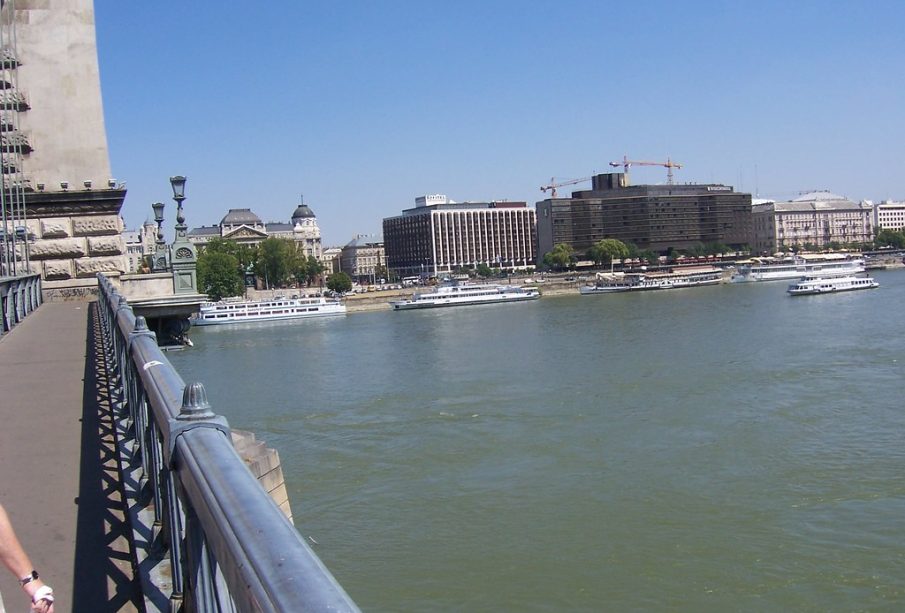Exploring the Wonders of Budapest

Introduction
Budapest, the capital of Hungary, is a city renowned for its vibrant history, breathtaking architecture, and unique thermal baths. Located in the heart of Europe, this enchanting city draws millions of tourists each year, making it a significant cultural and economic hub. As travel restrictions ease, Budapest is setting itself up to welcome more visitors, showcasing both its historical significance and modern offerings.
Historical Significance
Budapest’s rich history dates back to Roman times, with remnants that can still be seen today, such as the ruins of Aquincum. The city has evolved through centuries of different rulers and influences, evident in its diverse architecture. The Buda Castle, a UNESCO World Heritage Site, dominates the skyline and serves as a reminder of the city’s royal past. Historic landmarks like Heroes’ Square and the Hungarian Parliament Building tell stories of the country’s resilience and cultural heritage.
Cultural Highlights
Aside from its historical importance, Budapest offers a vibrant arts scene, with numerous museums, galleries, and theaters. The Hungarian State Opera House, with its stunning neo-Renaissance design, is a major attraction for culture enthusiasts. Additionally, the city hosts several annual festivals, such as the Budapest Wine Festival and Sziget Festival, attracting both locals and international crowds.
Famous Thermal Baths
One of Budapest’s most distinctive features is its thermal baths. The city sits atop numerous natural hot springs, which have been used since the Roman era. The Széchenyi Thermal Bath, one of the largest spa complexes in Europe, features a variety of indoor and outdoor pools. Locals and tourists alike flock to these baths not only for relaxation but also for their reputed health benefits.
Modern Developments
In recent years, Budapest has been adapting to modern trends while preserving its historical essence. The rise of boutique hotels, trendy cafés such as New York Café, and revitalized neighborhoods like the Jewish Quarter highlight a blend of tradition and innovation. The city’s public transportation system has also seen upgrades, making it more accessible for visitors.
Conclusion
In conclusion, Budapest stands as a testament to the enduring allure of history meeting modernity. Its stunning architecture, rich history, vibrant culture, and unique thermal baths make it a destination not to be missed. As tourists are expected to return in greater numbers post-pandemic, the city is poised to reinforce its status as a premier European capital. For anyone looking to immerse themselves in a blend of old-world charm and contemporary vibrancy, Budapest should be at the top of their list.









